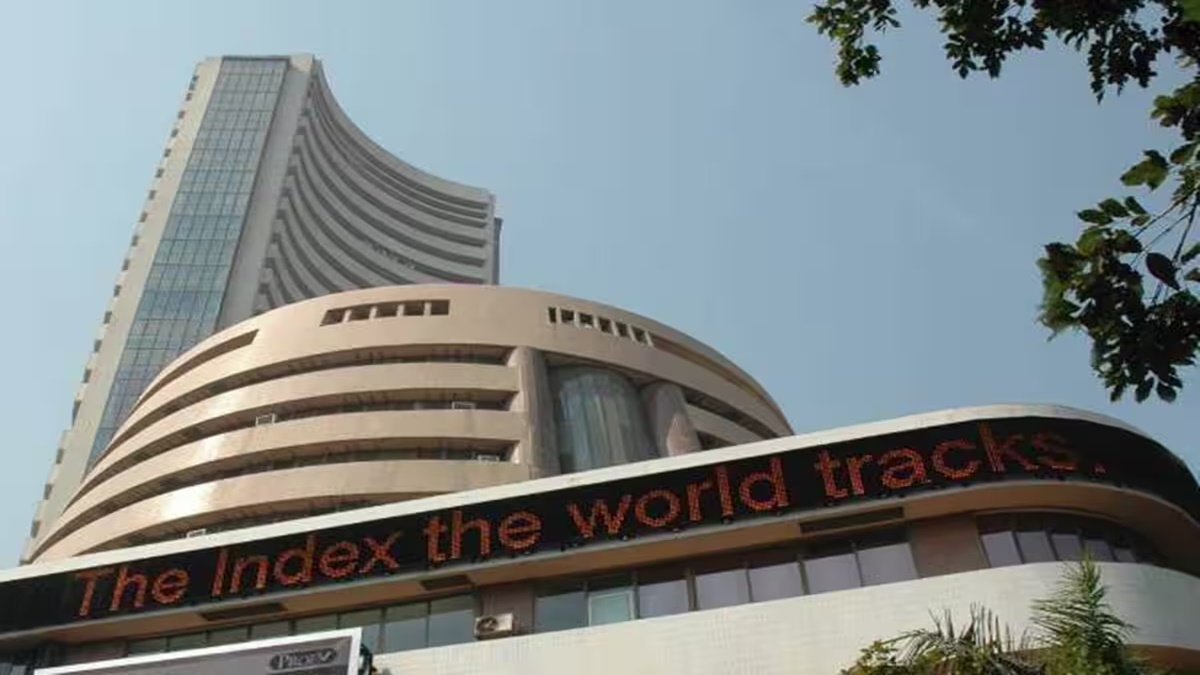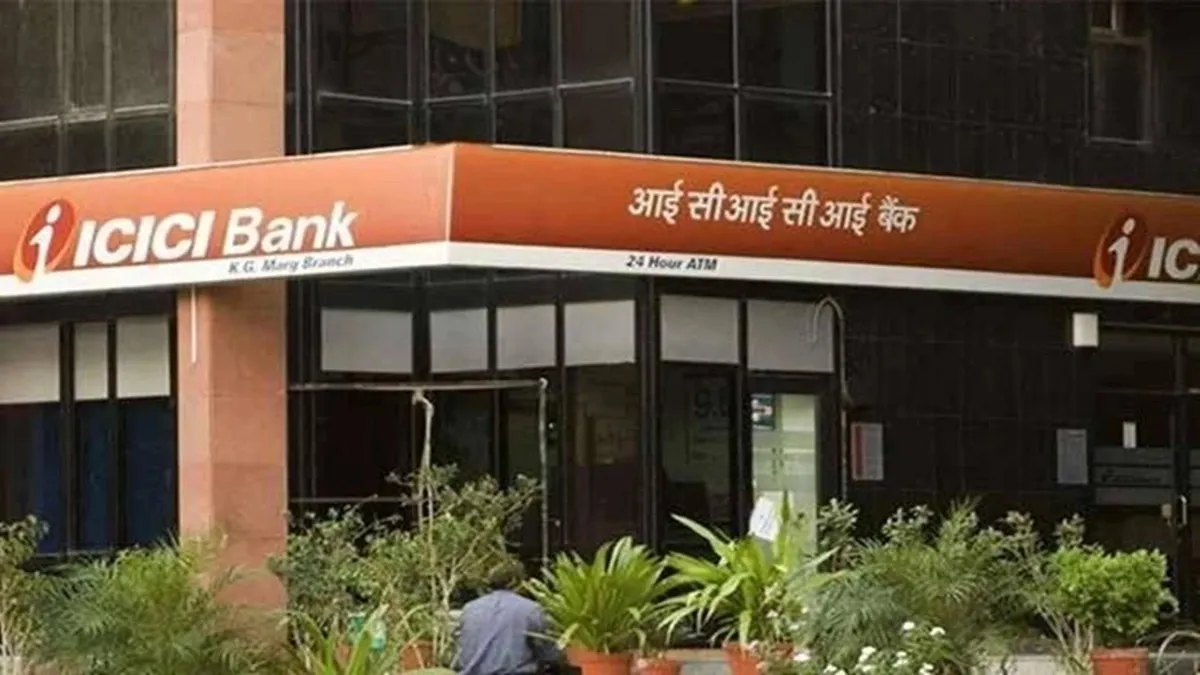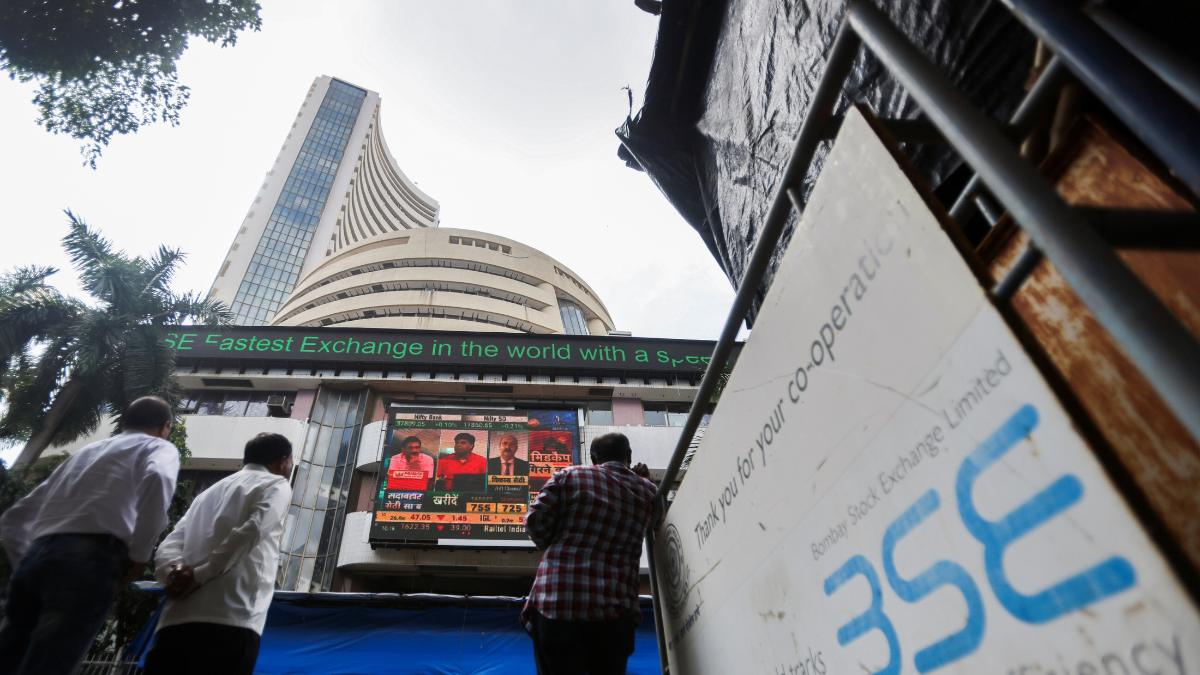In a remarkable comeback, foreign portfolio investors (FPIs) have pumped Rs 1.7 lakh crore into the Indian equity markets in 2023, propelled by confidence in the country’s robust economic fundamentals amid a challenging global landscape.
The year 2023 has witnessed massive investment by FPIs, thanks to the sharp uptick in inflows of Rs 66,134 crore in December.
Anticipating a continued decrease in the US interest rates throughout 2024, it is likely that FPIs are likely to increase their purchases, especially in the early months of the New Year in the run-up to the general elections, VK Vijayakumar, Chief Investment Strategist at Geojit Financial Services, said.
In 2023, FPIs made a net investment of Rs 1.71 lakh crore in equities and Rs 68,663 crore in the debt markets. Together, they infused Rs 2.4 lakh crore into the capital market, as per the data available with the depositories.
The latest flow came after Indian equities witnessed a worst net outflow of Rs 1.21 lakh crore by FPIs in 2022 on aggressive rate hikes by the central banks globally. Before the outflow, FPIs invested money in the last three years.
FPIs made a net infusion of Rs 25,752 crore in equities in 2021, Rs 1.7 lakh crore in 2020, and Rs 1.01 lakh crore in 2019.
“India’s robust economic outlook, resilience to geopolitical issues, and strong domestic consumption story make it an attractive investment destination,” said Abhishek Jain, Head of Research at Arihant Capital.
Of Rs 1.71 lakh crore inflow this year, more than Rs 66,000 crore has been invested in December, following the enhanced political stability, owing to the BJP’s success in recent elections across three significant states.
Before the huge infusion in December, FPI inflows were negative in the previous three months.
“The steady decline in US bond yields has caused this sudden change in the strategy of FPIs,” Geojit’s Vijayakumar said.
After a three-year retreat, foreign investors staged a comeback in the debt markets this year, pouring Rs 68,663 crore in 2023. This marks a significant shift in their capital flow pattern. This huge flow includes a staggering investment of Rs 18,302 crore in December.
FPIs took out funds worth Rs 15,910 crore in 2022, Rs 10,359 crore in 2021, and Rs 1.05 lakh crore in 2020 from debt markets.
The announcement by JP Morgan Chase & Co in September that it will add Indian government bonds to its benchmark emerging market index from June next year has influenced the inflow in the country’s bond markets this year.
This landmark inclusion, scheduled for June 2024, is anticipated to benefit India by attracting around USD 20-40 billion in the subsequent 18 to 24 months. The inflow is likely to make Indian bonds more accessible to foreign investors and potentially strengthen the rupee, thereby, bolstering the economy, Himanshu Srivastava, Associate Director- Manager Research, Morningstar Investment Research India, said.
Additionally, the increased focus on inflation has led to a considerable uptick in interest, particularly in the debt segment, where FPIs are continuously increasing their investments, Arihant Capital’s Jain said.
Also, the Indian debt market is highly under-penetrated compared to equity markets. There is a huge room for growth here, smallcase manager Upadhyay said.
“We expect FPI inflow to continue secularly for the next few months in both equity and debt,” he added.
In terms of sectors, FPIs preferred the financial, IT, pharma, and energy sectors, owing to the country’s strength in technology and healthcare and commitment to sustainable development contributed to the appeal for foreign investors.




